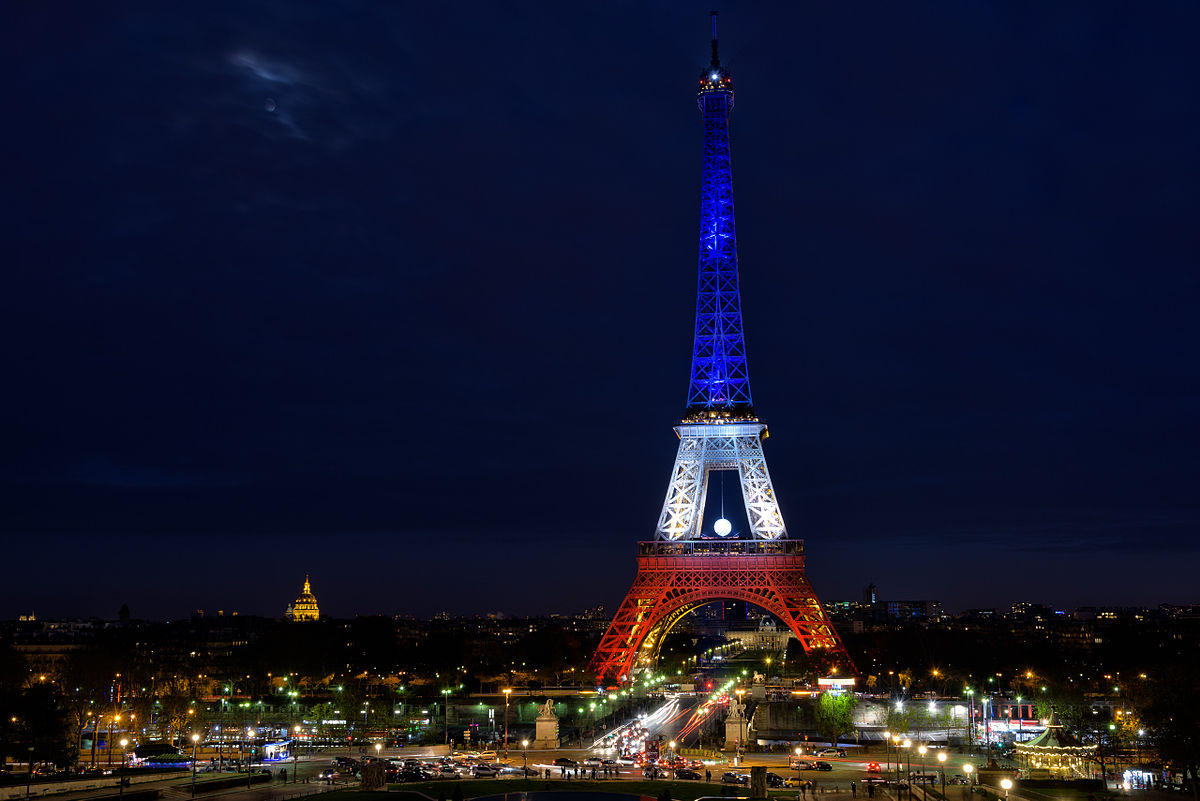‘La Fête Nationale’, the French annual national holiday on 14th July, marks the 18th century ‘Storming of the Bastille’ in Paris.
Similar to the USA’s 4th July, it’s a commemoration of the beginning of republican democracy and the end of tyrannical rule.
In 1789, the French economy was in disarray, contributing to a political crisis. The king, Louis XVI, was having trouble controlling anti-monarchist groups.
The Bastille was a medieval fortress and prison, and a symbol of tyrannical authority in central Paris, and had held many political dissidents.
Violent conflict between royalist and anti-monarchist elements broke out across Paris, with the Bastille’s garrison eventually finding themselves surrounded by an armed mob on the morning of 14th July. The mob finally took the castle at the cost of around 100 lives.
This event eventually contributed to the overthrow of the monarchy and the execution of Louis XVI and his wife Queen Marie Antoinette.
The prison was completely destroyed within five months and only a monument now stands on the site in the middle of a cobbled square.
Like Independence Day in the USA, the French celebrate all things that symbolise France, such the tricolore flag and La Marseillaise – both of which originate from the revolution.
Rather than commemorating the storming of the Bastille itself, it is a day to celebrate the republican national motto “liberty, equality and fraternity”.
A public holiday in France, the day is celebrated with an abundance of fireworks, communal eating and parades. A military parade takes place along the Champs-Elysées in Paris, which is the oldest military parade in the world, having first taken place on Bastille Day in 1880.
(With thanks to The Independent for the information)
